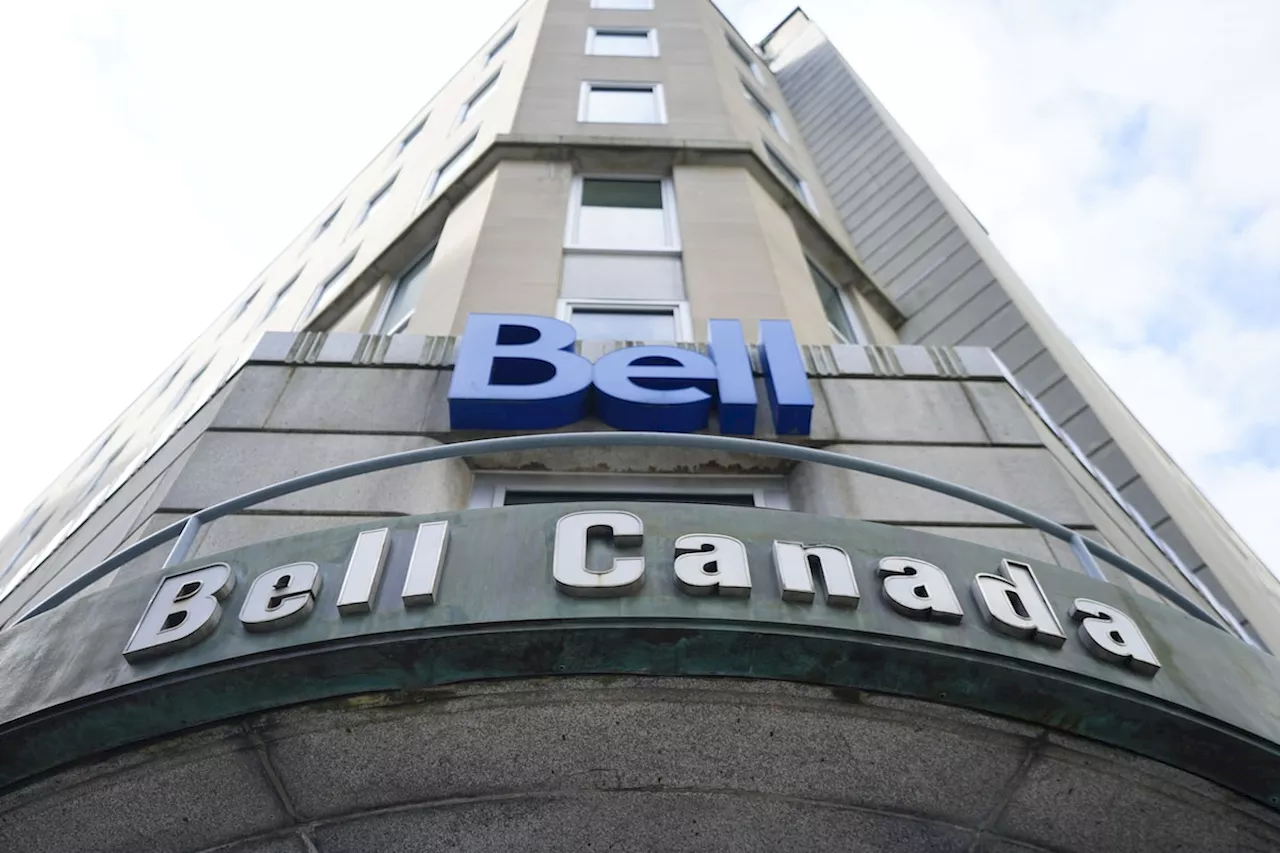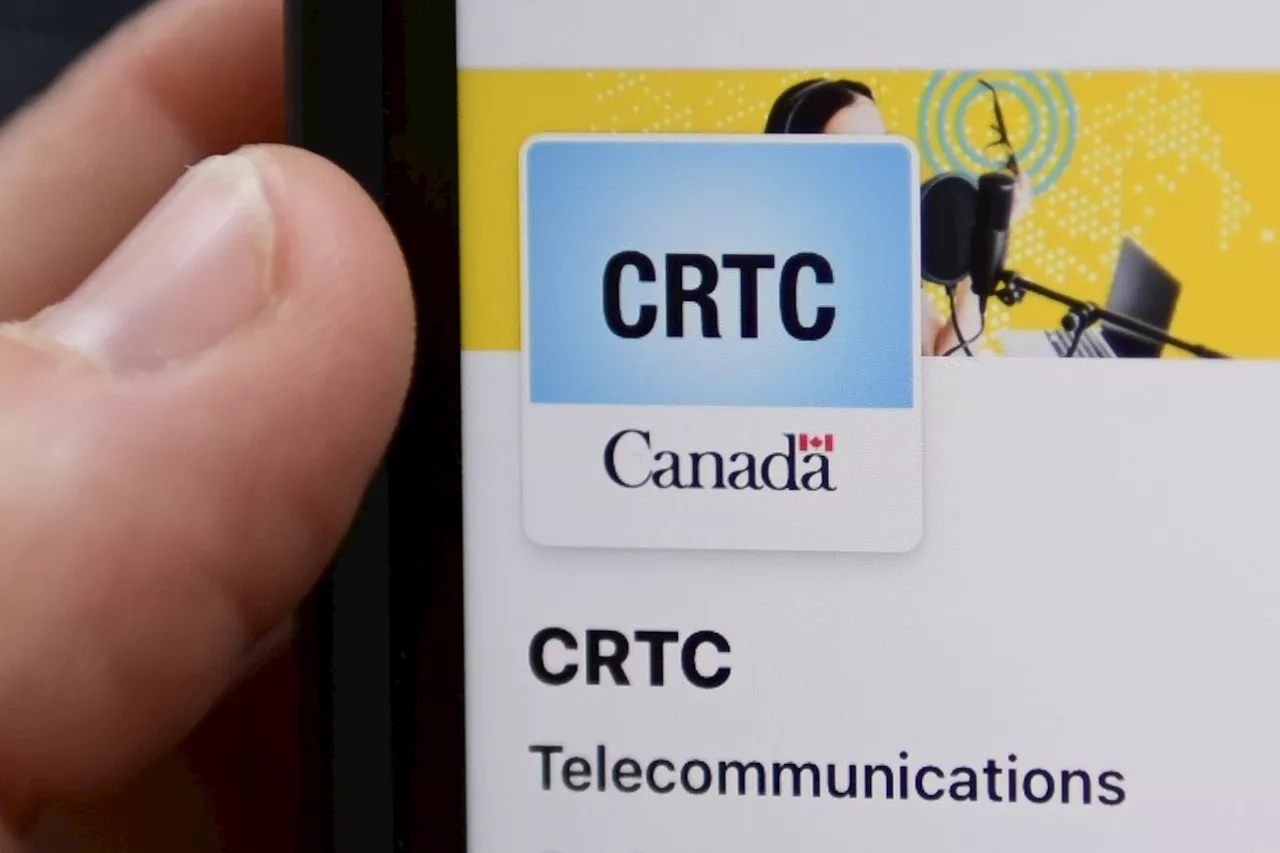The Commission for Complaints for Telecom-television Services (CCTS) reported a record 20,147 complaints from Canadian consumers in 2023-24, with billing problems and difficulties switching providers leading the way. Rogers emerged as the most complained-about service provider.
Complaints about phone, internet, and television services surged by 38 percent in the 2023-24 reporting year, according to the watchdog responsible for handling grievances against Canadian telecommunications providers. The Commission for Complaints for Telecom-television Services ( CCTS ) revealed in its annual study that it processed a record 20,147 complaints from customers between August 1, 2023, and July 31, 2024. A commendable 88 percent of these complaints were successfully resolved.
Billing issues emerged as the most frequent consumer gripe, escalating by 47 percent from the previous year. This surge included complaints about unexpected charges, abrupt price increases, and carriers failing to deliver promised credits or refunds. 'The bill is where the rubber meets the road,' stated CCTS Commissioner and CEO Howard Maker, emphasizing the need for vigilance in reviewing bills due to their constant fluctuations. 'Anything that can go wrong in the service process typically originates from the bill, making it crucial for customers to scrutinize their billing statements.'A notable increase was also observed in complaints regarding contract ambiguity and the omission of vital information, with a 35 percent rise in this category. Maker highlighted the importance for service providers to ensure clarity and conciseness in their contracts, acknowledging that these complex services often lead to misinterpretations, misunderstandings, or a lack of understanding. The CCTS report coincides with Canada's national telecom regulator, the CRTC, launching several studies to address these very issues. Late last year, the CRTC initiated four consultations focusing on empowering consumers with greater control over their internet and cellphone services. These consultations include a study examining potential measures to notify customers when their plans or discounts are approaching their end, mitigating the risk of unexpected bill shocks.The CRTC is also exploring whether internet service providers should be mandated to display information through standardized labels, akin to nutrition labels on food products, providing consumers with insights into aspects like price and speed. Other consultations delve into the feasibility of implementing rules preventing providers from imposing charges when customers cancel or modify their plans, as well as exploring potential self-serve options for customers seeking to switch providers.The CCTS report underscored a 'troubling increase' in problems associated with service cancellation and switching providers. Complaints regarding the inability to cancel a service surged by 47 percent compared to the previous year, concerns about termination fees increased by 35 percent, and complaints about difficulties transferring wireless or phone services to another provider rose by one-quarter. Maker referred to this trend as a 'head-scratcher,' stating, 'Consumers are entitled to switch effortlessly, without any complications, and it's not happening. I'm baffled as to why this poses such a significant problem within the industry, but the figures are undeniable.'Other recurring complaints highlighted in the report stemmed from service performance issues, with customers persistently raising concerns about interruptions, slower-than-anticipated internet or wireless data speeds, poor audio quality, or dropped phone calls. However, the Canadian Telecommunications Association (CTA) cautioned against drawing conclusions that customer satisfaction is waning solely based on the increase in complaints. It suggested that heightened consumer awareness of the CCTS' work due to recent awareness campaigns, coupled with changes implemented by the commission to streamline the complaint filing process, could be contributing factors.'Despite this, the number of complaints remains relatively low, representing less than 0.08 percent of high-speed broadband and 0.05 percent of mobile phone subscribers in Canada,' stated spokesman Nick Kyonka in a release. The association, representing numerous carriers and manufacturers, emphasized that the report indicated a consistent decline in Wireless Code non-compliance incidents for the fourth consecutive year, with none of its members exceeding a single Internet Code violation. Rogers, the dominant player in Canada's telecommunications landscape, accounted for over 24 percent of all complaints received by the commission during the reporting period, solidifying its position as the most frequently complained-about service provider after overtaking Bell a year earlier. With 4,855 complaints, Rogers witnessed an almost 68 percent surge in customer reports to the commission compared to the previous year. 'As Canada's largest wireless and national cable company, we strive every day to do right by our customers and deliver an exceptional experience,' stated Rogers spokesman Zac Carreiro in a statement. 'We engage with millions of customers monthly, and while only a small fraction result in complaints, we acknowledge there's always room for improvement.' Bell trailed behind with 3,430 complaints, or 17 percent of the total, marking a near 46 percent increase from the commission's previous annual report.
Telecom Complaints Canadian Telecom CCTS Billing Issues Service Cancellation Rogers Bell
Canada Latest News, Canada Headlines
Similar News:You can also read news stories similar to this one that we have collected from other news sources.
 Canadian Telecom Stocks Face HeadwindsTelecom stocks in Canada are experiencing a downturn despite expectations of a positive impact from the Bank of Canada's easing policy. Factors such as government overregulation, reduced immigration targets, and intense competition are contributing to the sector's struggles.
Canadian Telecom Stocks Face HeadwindsTelecom stocks in Canada are experiencing a downturn despite expectations of a positive impact from the Bank of Canada's easing policy. Factors such as government overregulation, reduced immigration targets, and intense competition are contributing to the sector's struggles.
Read more »
 Canadian ETF Assets Surge Past $500 Billion, Smashing RecordsCanadian exchange-traded funds (ETFs) witnessed a record-breaking year in 2024, with assets surpassing $500 billion for the first time. Strong market performance and significant inflows fueled this growth.
Canadian ETF Assets Surge Past $500 Billion, Smashing RecordsCanadian exchange-traded funds (ETFs) witnessed a record-breaking year in 2024, with assets surpassing $500 billion for the first time. Strong market performance and significant inflows fueled this growth.
Read more »
 Canadian Oil and Gas Stocks Surge as Trudeau ResignsCanadian oil and gas stocks experienced a significant surge on Monday following Prime Minister Justin Trudeau's resignation. The energy sector led all others on the TSX in terms of gains, with the S&P/TSX capped energy index rising nearly two percent. Some investors and traders celebrated the news on social media, as Canada's oil and gas industry has had a complex relationship with Trudeau's government over the past decade.
Canadian Oil and Gas Stocks Surge as Trudeau ResignsCanadian oil and gas stocks experienced a significant surge on Monday following Prime Minister Justin Trudeau's resignation. The energy sector led all others on the TSX in terms of gains, with the S&P/TSX capped energy index rising nearly two percent. Some investors and traders celebrated the news on social media, as Canada's oil and gas industry has had a complex relationship with Trudeau's government over the past decade.
Read more »
 CRTC Probes Future of Canadian Broadcasting Amid Streaming SurgeThe Canadian Radio-television and Telecommunications Commission (CRTC) is launching a public consultation to understand how the Canadian broadcasting system can remain viable in the face of increasing popularity of international streaming services.
CRTC Probes Future of Canadian Broadcasting Amid Streaming SurgeThe Canadian Radio-television and Telecommunications Commission (CRTC) is launching a public consultation to understand how the Canadian broadcasting system can remain viable in the face of increasing popularity of international streaming services.
Read more »
 Canadian Sports News Roundup: Taylor's Triumph, Canadian Curling Trials, and MoreThis roundup covers a range of Canadian sports news, including Nick Taylor's victory at the Sony Open, updates on the Canadian mixed doubles curling trials, and more.
Canadian Sports News Roundup: Taylor's Triumph, Canadian Curling Trials, and MoreThis roundup covers a range of Canadian sports news, including Nick Taylor's victory at the Sony Open, updates on the Canadian mixed doubles curling trials, and more.
Read more »
 Canadian Men’s 4x100 Relay Team Wins Canadian Press Team of the Year AwardThe Canadian men's 4x100-meter relay team, led by Andre De Grasse, won gold at the 2024 Paris Olympics and has been awarded The Canadian Press team of the year award.
Canadian Men’s 4x100 Relay Team Wins Canadian Press Team of the Year AwardThe Canadian men's 4x100-meter relay team, led by Andre De Grasse, won gold at the 2024 Paris Olympics and has been awarded The Canadian Press team of the year award.
Read more »
